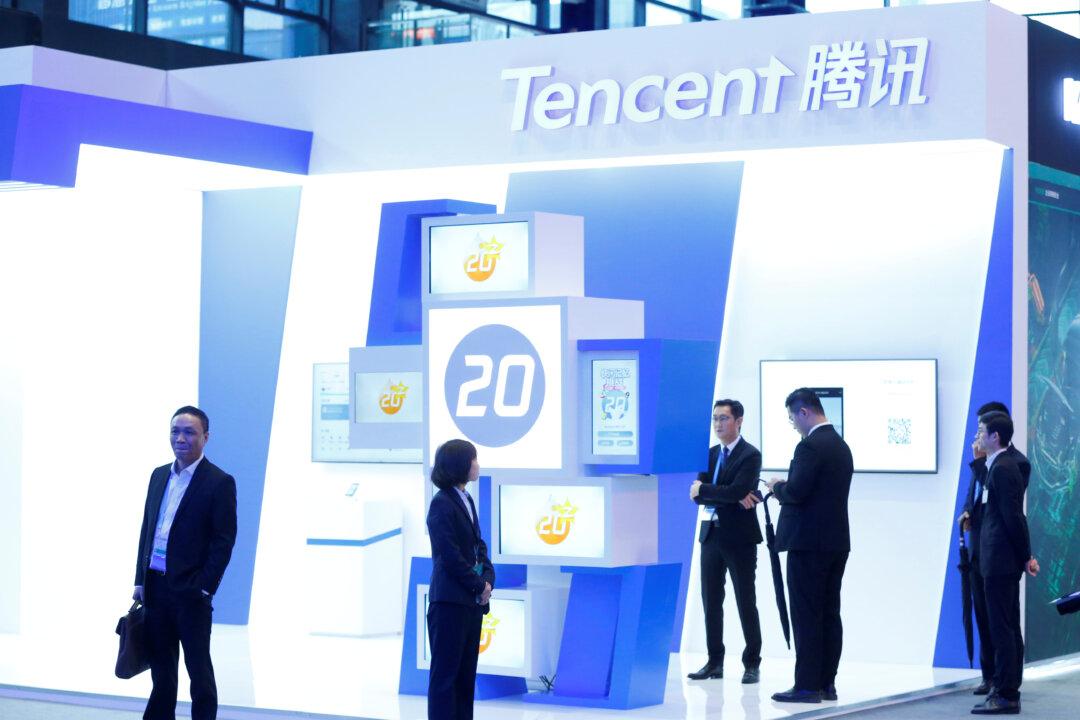BEIJING/SHANGHAI— Chinese tech giant Tencent Holdings Ltd is cutting the marketing budget for its key gaming division, two sources told Reuters on Nov. 8 amid a crackdown on the industry in the mainland and a lengthy freeze on new game approvals.
The move comes as Tencent, the world’s largest gaming company by revenue, and its peers have faced rising regulatory push back from Chinese authorities, which have not approved any new games since March.





